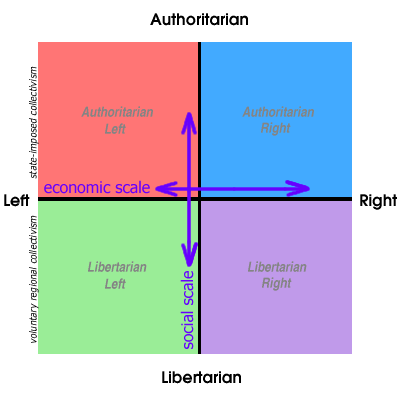Justice Ruth Bader Ginsburg, an otherwise conventional Supreme Court justice, has died. She leaves what will be pumped as the news cycle’s Presidential election’s final lap fuel. Novelistic final words, bizarre candlelight vigils, congressional procedures, and people posting their meltdowns. It was all predictable, and of course, avoidable.
Ginsburg resisted repeated calls to retire when President Obama
was in office and Democrats controlled Congress. She had an already bulletproof legacy to her
followers and could have gracefully enjoyed her golden years. Leaders in
democratic societies are supposed to step down and not cling to power.
Instead, Justice Ginsburg fell for the
hype her partisans bestowed upon her, and we are now in a crisis (and a presidential
fundraising campaign). After having worked
through what had been a thoroughly professional career, she spent nearly a
decade reveling in her supposed role as an indispensable figure. Her supposed “dissent” role recalled the faux
“maverick” persona of another figure who went long past his sell-date, John
McCain. We used to not have geriatrics
in the upper echelons of power. Now they
are everywhere- purely political creatures whose failing health we must speculate
on.
Her supposed deathbed testament, “my most fervent wish
is that I will not be replaced until a new
president is installed,” is breathtaking not only in its unconstitutional nature,
but in its arrogance. If anything, Ginsburg’s “final wish” reveals the
almost regal nature that the bench has become, as if a dying justice can should
have a hand in naming a successor, as emperors once did. Perhaps this dramatic statement is the
delusion of the dying, but it is certainly also from the sheer puffery that Ginsburg’s
partisans and our nation has elevated the court to. It also is a tremendous blot on an otherwise distinguished
career.
It does not matter whether one looks
for the gotcha ironies of what President Obama or Senator McConnel said in
years past. Like it or not, this sitting
President can submit a nominee for conformation, and this President certainly
will, and the senate can confirm or not.
It does not have to be this way. The judiciary should be
boring.
I don’t want celebrities in robes.
To ask for otherwise is to amplify the accusation of lowbrow tackiness that
democracy’s critics have leveled since the Greeks.
Ginsburg’s death shows more than ever the absurdity of lifetime
appointments. There is no Constitutional
basis for a justice to theoretically serve until death other than the document's failure to specify on the office's duration, and we need an explicit
term limit. 12 or 18 year rolling terms
that cycle a couple of justices every presidential term would greatly improve
the bench.
One
of Tocqueville’s most salient analyses in Democracy in America addresses the
aristocratic role of the judiciary in American life, one that I accept as
probably inevitable, something that is woven deeply into the nature of nations. However, the aristocratic ideal of the disinterested
arbiter need not extend to a lifetime mandate. The morbid show of waiting for a
justice’s death has become one of the unsavory features of our republic, adding
not only to a general disfunction, but encouraging the very vaingloriousness
that our recently deceased justice fell prey to. Lifetime appointments in the federal judiciary
need to go. Long terms (12, 16, or 18)
more than adequately serve the purpose of justices remaining “above the fray” of
the election cycle and reduce the unhealthy way that their impending mortality can
precipitate an existential crisis. The
omissions of Article III in the Constitution have left the country in limbo
with lifetime terms of a judiciary that has changed drastically from the Marshall
era of short lifespans and early judicial review. Just as FDR’s presidency revealed a need for
the 22nd Amendment curtailing long-term presidential power, the Judiciary
needs similar reform. It will also have
a hand in justices taking their self-importance down a notch, and in depoliticizing
the bench.












